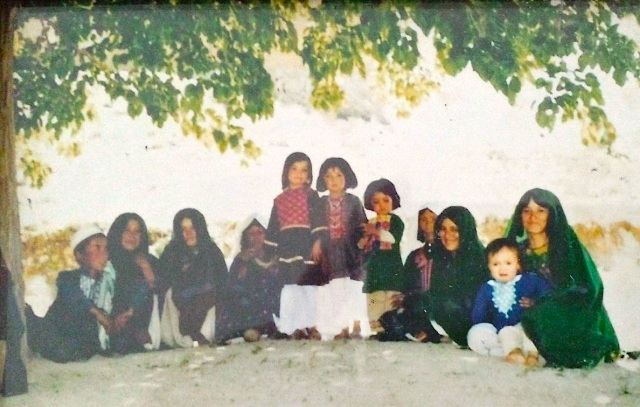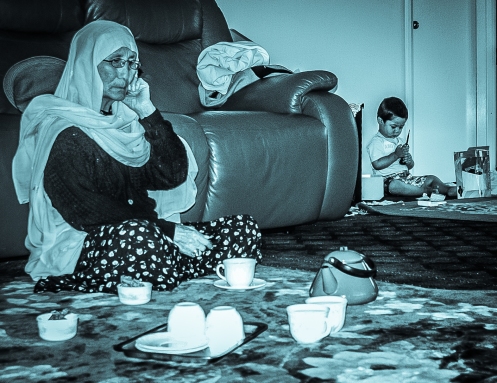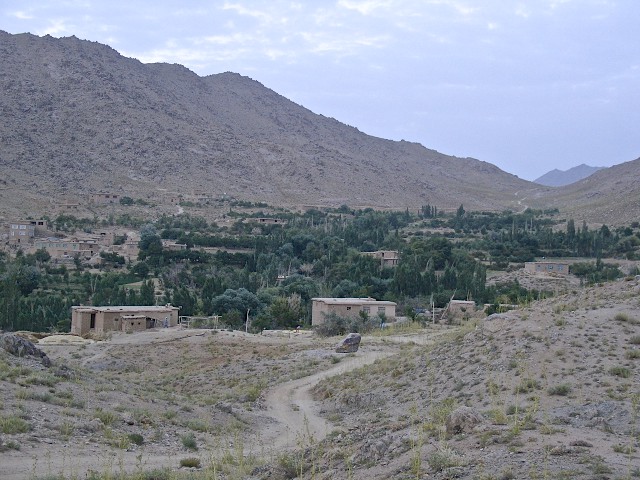Many moons ago there was a severe hail-storm over the village. It came at the worst possible time of the year, just after spring, and hailstones the size of my fist fell out of the sky. It devastated the crops, the farms, the trees, the animals, and also the farmers. It hit any living thing that was not under a roof. The hailstone heaped up to a hand-span’s height over our roof. Hailstones so big, the ones in the shadows lay there for a whole day before disappearing.
The village shepherd had just made it past the pass before being caught in the storm. He had hid under a tree, and had to abandon his flock out in the open. Moments later four or five of the animals lay dead. Others limped and ran around like they had gone mad.
The fields lay flat, and the village streams flowed full with unripe apricots, apples, leaves and branches. The wheat crop for the year was destroyed, Alfalfa fields were flattened, saplings and weaker tree were brought down, and with them the hard work of all the families in the village. Crops devastated, orchards destroyed, and lives changed, all within a few moments of a long spring afternoon. We had almost nothing left, and it was only the spring. The whole year lay ahead of us.
In that year or perhaps the next one, may be even the one after that, we moved to live in Kabul. We moved to live with your maternal grandfather in Wazirabad. Musa’s father, yet to marry your aunty, was the only breadwinner for the families there. We lived in groups of five and more per room. Three families in the house. There was only a little food available to feed us all. Your grandfather had to return to Jaghori to bring to Kabul some harvest and farm produce. His cousin the Qareedar had come to him crying, telling him how isolated he had become in our absence. He had pleaded with him to return to the village.
That plea convinced him to return back to what we had escaped from in the first place. Our life in the mountains. Your mother’s family followed us soon after. We all returned to the village.
It’s true that man is tougher than a rock, and softer than a flower.
Qareedar = village chief


